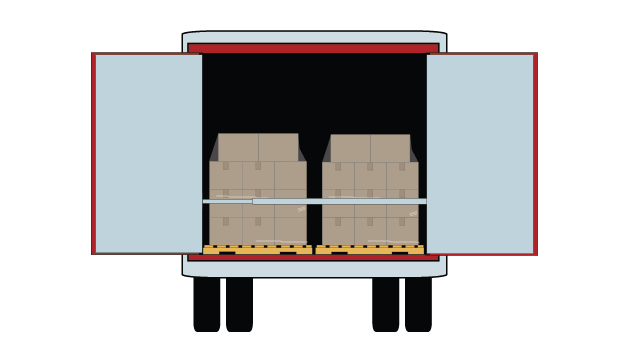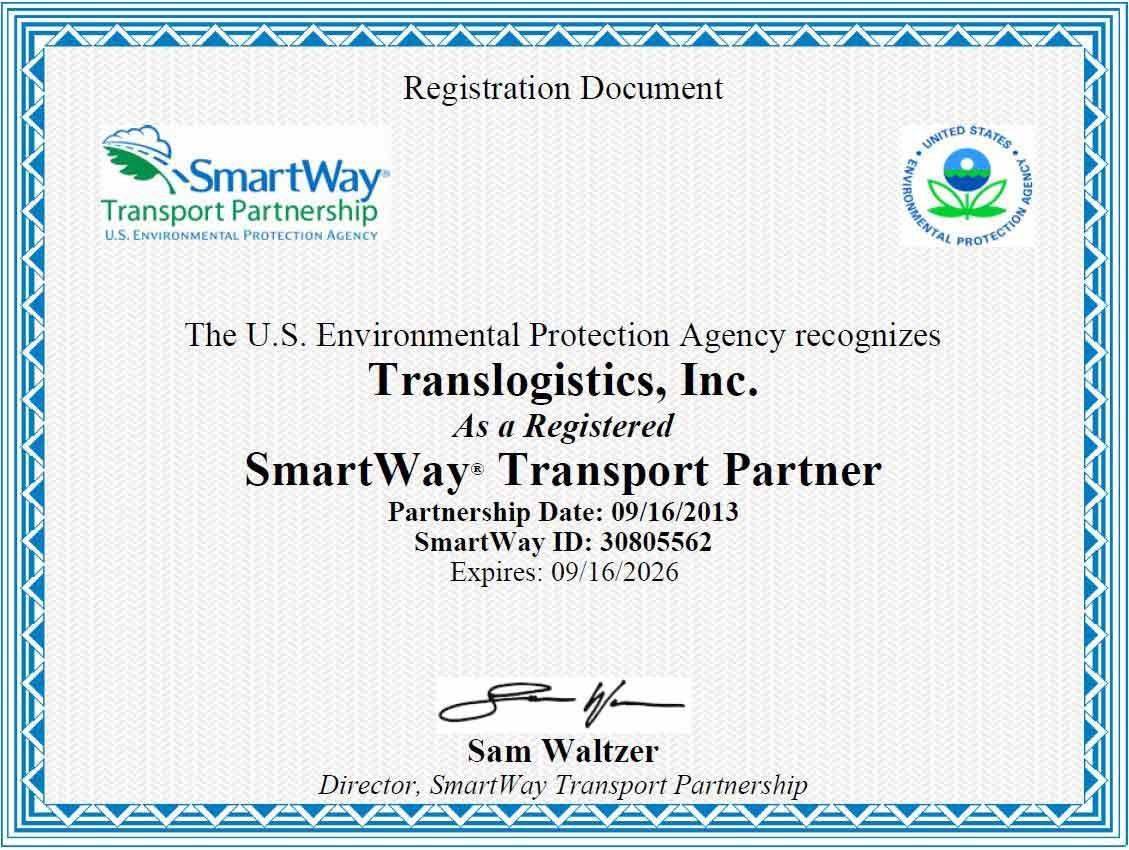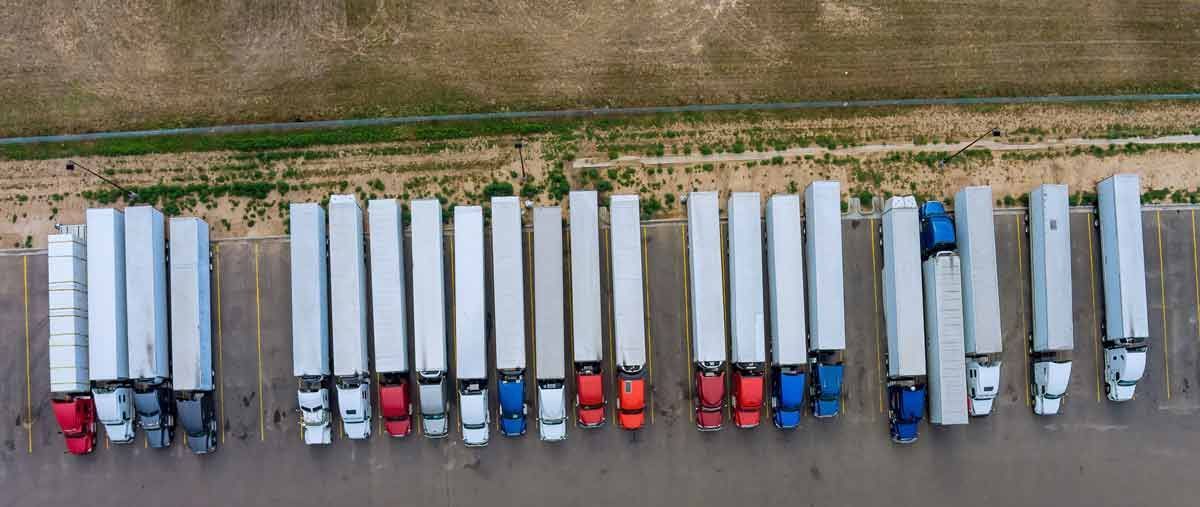Proof of Seal in FTL Shipping
Sealed FTL Service
A critical component of ensuring the safety of your product in FTL transit, is obtaining proof of seal, which typically includes the seal number, date and time of sealing, and the signature or initials of authorized personnel responsible for sealing the shipment.
This documentation serves as verification that the cargo has remained untouched and inaccessible without authorization. This article explores the importance of proof of seal in FTL shipping, emphasizing its advantages and its essential role for businesses in upholding trust and safety in their shipments.
Enhancing FTL Shipping Security
The presence of proof of seal is essential when routing high-value FTL freight as it boosts security measures of the cargo. The seal acts as a physical barrier, indicating any attempts at unauthorized access to the goods. With documented proof of seal, businesses can monitor the integrity of their shipments and promptly address any potential breaches or instances of tampering. Let's now investigate the sealed full truckload process!

FTL Shipping Process
The process of sealing a Full Truckload (FTL) shipment involves several crucial steps to ensure the security and integrity of the cargo.
- Applying the Seal: The first step is to take the seal and affix it securely to the back of the trailer. Depending on the level of security required or the nature of the cargo, multiple seals may be used to provide added protection.
- Documenting the Seal: Once the seal(s) is applied, it's essential to document the details. This involves recording the seal number(s), along with the date and time of sealing, onto the bill of lading. The bill of lading serves as an official document detailing the shipment's contents, destination, and other pertinent information.
- Making Copies: After recording the seal information on the bill of lading, it's important to make copies of the document. One copy will be retained by the shipper for their records, while another copy will be provided to the driver transporting the shipment.
- Verification Upon Arrival: Upon arrival at the destination, before unloading the cargo, the consignee (recipient) must review the seal number(s) on the trailer. It is crucial to ensure that the seal number(s) match exactly what was documented on the bill of lading. Ideally, this verification process should also include cross-referencing the seal numbers with the records from the origin to confirm consistency.

Preventing Cargo Theft
Cargo theft and pilferage pose significant threats in the transportation industry, resulting in substantial financial losses for businesses. Proof of seal provides an additional layer of protection against these risks. By meticulously recording the seal number and verifying it upon delivery, businesses can promptly detect any compromise to the seal, prompting immediate investigation. This acts as a deterrent to potential thieves and minimizes the risk of theft or pilferage. In the event of a tampered seal, when partnered with TLI, rest assured we will swiftly take action!

FTL Regulatory Compliance
Various industries have unique requirements such as shipping healthcare pharmaceuticals, food and beverages, and hazardous materials. These industries have stringent guidelines concerning the transportation and handling of their products. TLI is highly experienced at managing freight for shippers serving these markets. Proof of seal often serves as a mandatory requirement to comply with these regulations, and TLI can ensure we provide you with the carrier capacity to make this materialize. It validates that your pallets & cargo have been securely sealed and appropriate measures have been taken to safeguard their integrity and safety during transit.
Proof of seal plays a pivotal role in fostering trust and reliability. It assures customers and stakeholders that the received goods are in the same condition as when shipped and underscores businesses' commitment to upholding high security and safety standards, and refrain from making a load a multi-stop without permission. This enhances the carrier's reputation as dependable and trustworthy partners for your supply chain.
In the unfortunate event of a dispute regarding damaged or missing cargo, proof of seal becomes invaluable. It serves as tangible evidence to substantiate your freight claim and provides a clear timeline of events. Without this documentation, determining liability and achieving a fair resolution can be arduous & take a lengthy amount of time to dispute.
TLI Insights
Get the latest logistics insights and tips from TLI's award-winning team. Stay ahead in transportation planning.
Questions? Email us at marketing@shiptli.com



